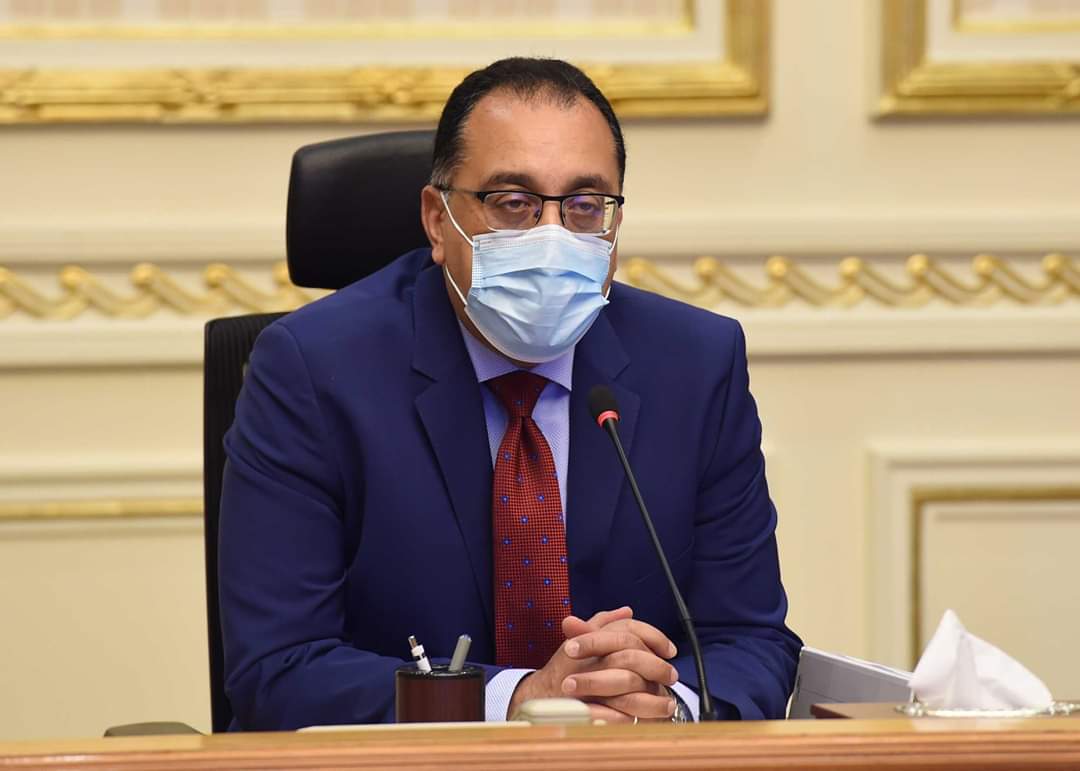Egypt’s President Abdel Fattah Al-Sisi called, on Monday, for boosting public awareness to combat conspiracies aimed at undermining the stability of the Egyptian state.
During the Armed Forces’ 32nd Cultural Symposium, Al-Sisi stressed the need to protect the state, especially as it faces challenges and “new types of war.”
The President said that Egypt faces obstacles to maintain the state’s solidity and stability, while keeping the people also aware of the threats posed. He stressed that the Egyptian nation cannot be defeated by an external enemy.
“There are currently new types of war that turn public opinion into a tool to destroy the state,” Al-Sisi said. “The challenges in Egypt are vast, but we can stand together against them.”
Al-Sisi directed his speech to the Egyptians, saying that the country will move forward through hard work rather than lies and deception. He promised that the government will continue its efforts to achieve progress and development.
In another context, Al-Sisi said he would not reconcile with those who wish to destroy Egypt or who try to harm the Egyptian citizens. He said that the solidarity and unity of the people is the main guarantee for overcoming the challenges the country faces.
Meanwhile, Prime Minister Mostafa Madbouly outlined the challenges faced by Egypt, and the key projects the state has undertaken to mitigate their impact. He said that Egypt’s overpopulation is the major crisis crippling the country’s growth and development.
“Since 2014, the Egyptian population has been increasing by 2.4 million per annum, and as such, the population may double to 200 million by 2050,” Madbouly said. “The largest age bracket is 0 to 10, hence, in just one decade those who can form families will multiply.”
Madbouly said that the accrual budget deficit until 2030, where the population is estimated to be 125 million, will be over EGP 600bn in order to ensure continuous supple of basic commodities and services.
According to official figures, Egypt had over 50,000 schools in 1999, which have since increased to 500,000 currently. The country had only six universities in the 1960s, which has since grown to about 260 universities and colleges.
“By the end of 2020, Egypt will be totally clear of informal housing areas,” Madbouly said, “The state is also working hard on remedies for unplanned areas.”
He noted that Egypt is the only country in the world that grants citizens alternative housing embodied in fully furnished units.

